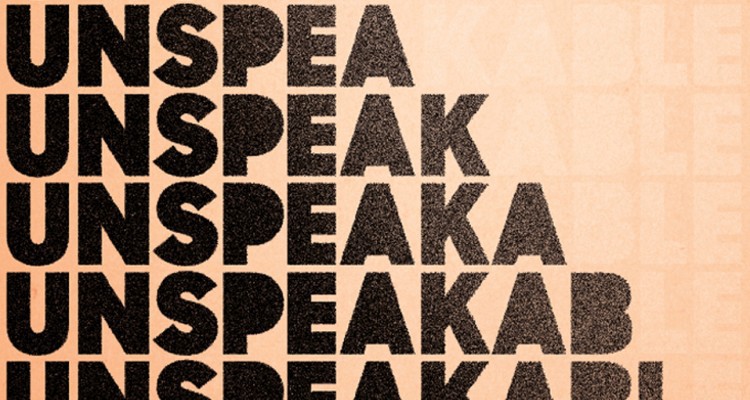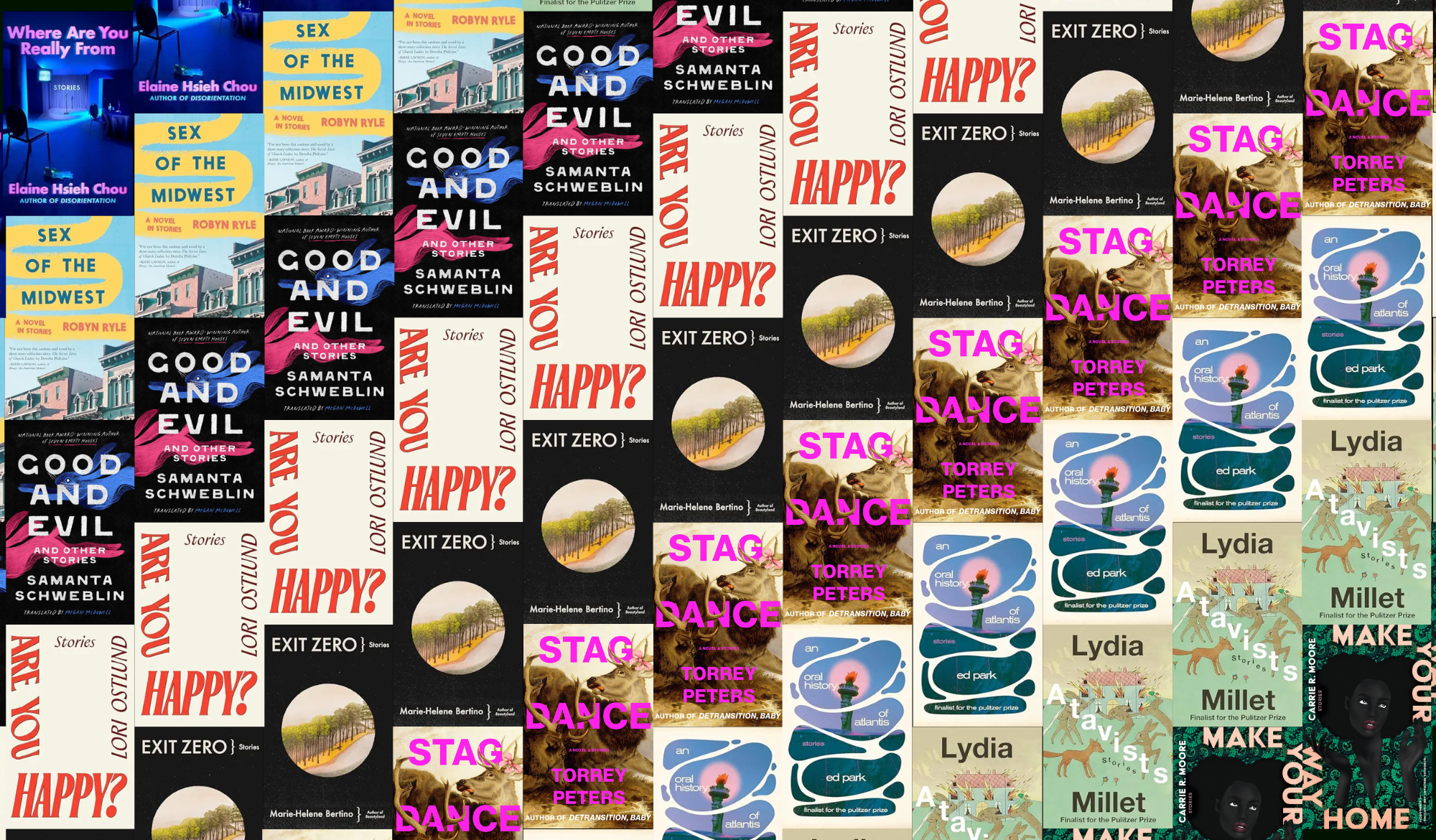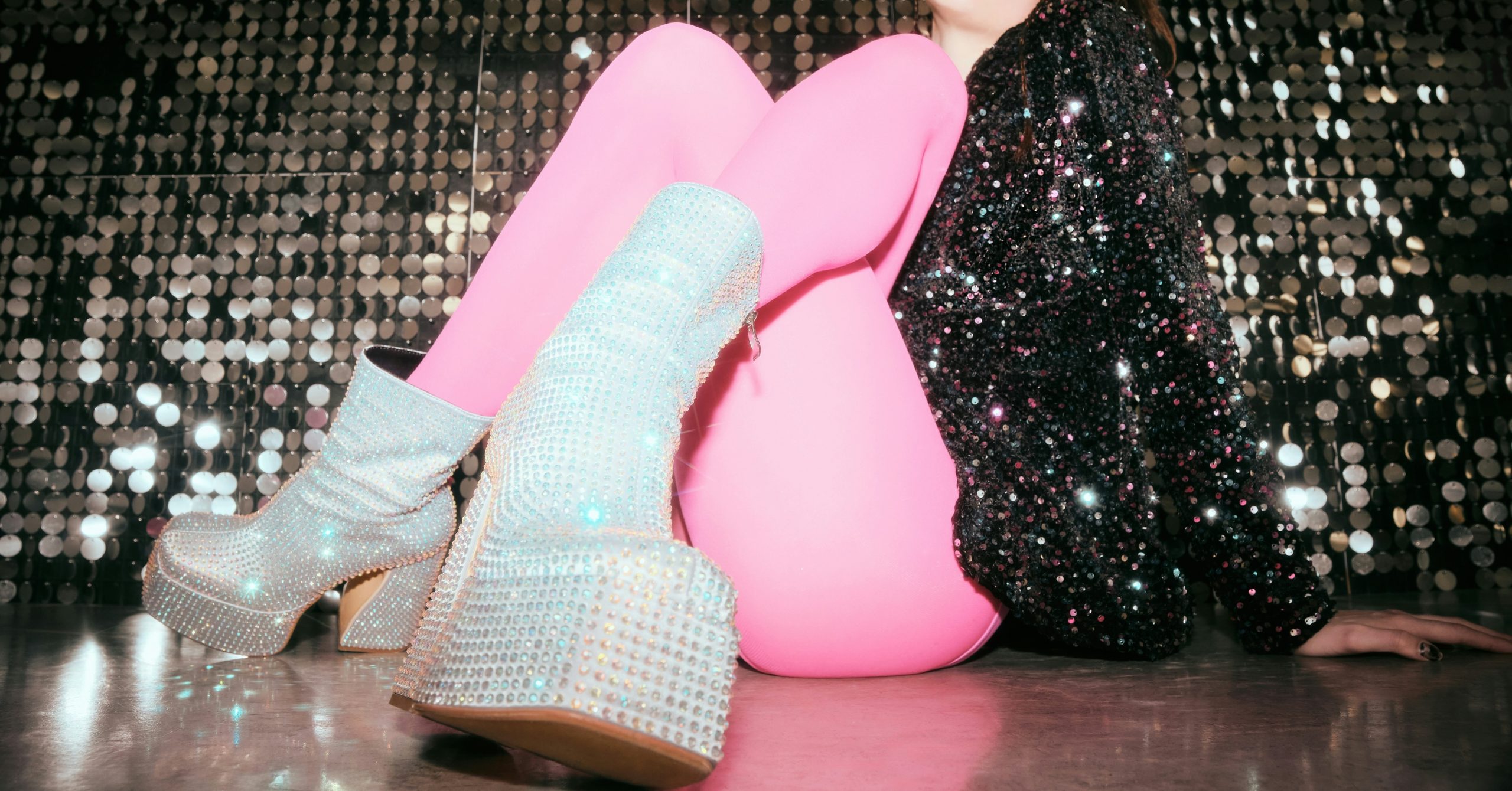Books & Culture
REVIEW: The Unspeakable by Meghan Daum

Meghan Daum’s essay collection, The Unspeakable, broaches subjects we dare not discuss out loud. “At its core,” she tells us in the introduction, “this book is about the ways that some of life’s most burning questions are considered inappropriate for public or even private discussion. It’s about the unspeakable things many of us harbor […] but can only talk about in coded terms.” But beyond speaking the unspeakable, Daum’s book accomplishes something else. It’s an exercise in self-identification, and therefore asks why we need to label ourselves in the first place. Daum tries on many identities over the course of the book. She challenges our expectations of and obligations to each other. What do we really owe each other? Do we have to identify as a foodie, a romantic, a grieving daughter? Or a thankful patient brought back from the edge of a life-threatening illness? What should any of that look like from the outside? In her essays, Daum dissects the duality of expectation and obligation. She asks us to hang in there while she walks uncomfortable lines, promising, “I’m giving it to you as straight as I can.”
In “Matricide,” the opening essay and the book’s most striking, Daum walks us through her role in her dying mother’s last months, and the way emotion and hope intrude into the necessary acts of each day.
It’s amazing what the living expect of the dying. We expect wisdom, insight, bursts of clarity that are then reported back to the undying in the urgent staccato of a telegram. […] We expect them to reminisce over photos, to accept apologies and to make them, to be sad, to be angry, to be grateful. We expect them to clear our consciences, to confirm our fantasies.
“Matricide” is Daum at her best, describing the months preceding her mother’s death, while tracing lines of a difficult family tree. She explains not only her complicated relationship with her mother, but that of her mother with her father, and of her mother with her own mother. The undercurrent of disappointment flowing from one generation to the next colors her feelings as she is expected to provide care, and her writing is both confessional and bold. Daum as grieving daughter isn’t what we’d expect, just as Daum isn’t easily labeled.
In “Not What it Used to Be,” Daum examines the way we’re nostalgic for youth — her own being both the very thing she misses and an exercise in coming up short.
I realize that what I miss most about those times is the very thing that drove me so mad back when I was living in them. What I miss is the feeling that nothing has started yet, that the future towers over the past, that the present is merely a planning phase for the gleaming architecture that will make up the skyline of the rest of my life. But what I forget is the loneliness of all that. If everything is ahead then nothing is behind. You have no ballast. You have no tailwinds either. You hardly ever know what to do, because you’ve hardly done anything.
This particular essay captures the irony of being young: that we are not old enough to appreciate it, and we are so caught up in the miserable details that it’s impossible to enjoy just how much lies ahead. Daum reminds us several times that her younger years were not particularly common, but what she writes is familiar. Readers will identify with the ironic longing she feels for something not so great.
“Honorary Dyke” and “Difference Maker” both question the way that we feel like we have to fit into a box. In “The Joni Mitchell Problem,” Daum gives us a peek into her writer’s origin story, admitting that even what she learned from Joni Mitchell wasn’t simple. “The artist who puts herself out there is not foisting a confession on her audience as much as letting it in on a secret, which she then turns into a story,” she says. She goes on to show how she’s not like other Joni Mitchell fans, and to describe the experience of meeting her hero in a way that sounds as awkward as it was fortuitous. Sometimes even the expectations we have for ourselves are unreasonable.
“It’s now been more than a decade since I moved to Los Angeles,” she says in “Invisible City,” “and I still sometimes feel, as I did back then, vaguely embarrassed about it.” The subject of Los Angeles fits nicely with the rest of the collection, as Daum reveals it to be a place constantly labeling itself. Her revelations about how she has come to know herself in this place — particularly how she has come to know herself beyond a list of descriptors. In LA, she learns to float between the lines. She says, “Los Angeles is where I learned that your ability to see is sometimes only as good as your willingness to go unseen.”
Daum confronts her readers with truth — sometimes shocking, but more importantly, the ordinary and secret truth. It’s familiar because it is the truth we also feel but are afraid to admit. In The Unspeakable, Daum’s strength is the way she puts herself on the line, and asks her reader to think about how he allows himself to be labeled and define his own identity. “This is a story with a happy ending,” she says. “Or at least something close enough.” Daum finds meaning in this middle ground, allowing us to feel like we can hang out there, too.
The Unspeakable: And Other Subjects of Discussion

by Meghan Daum










